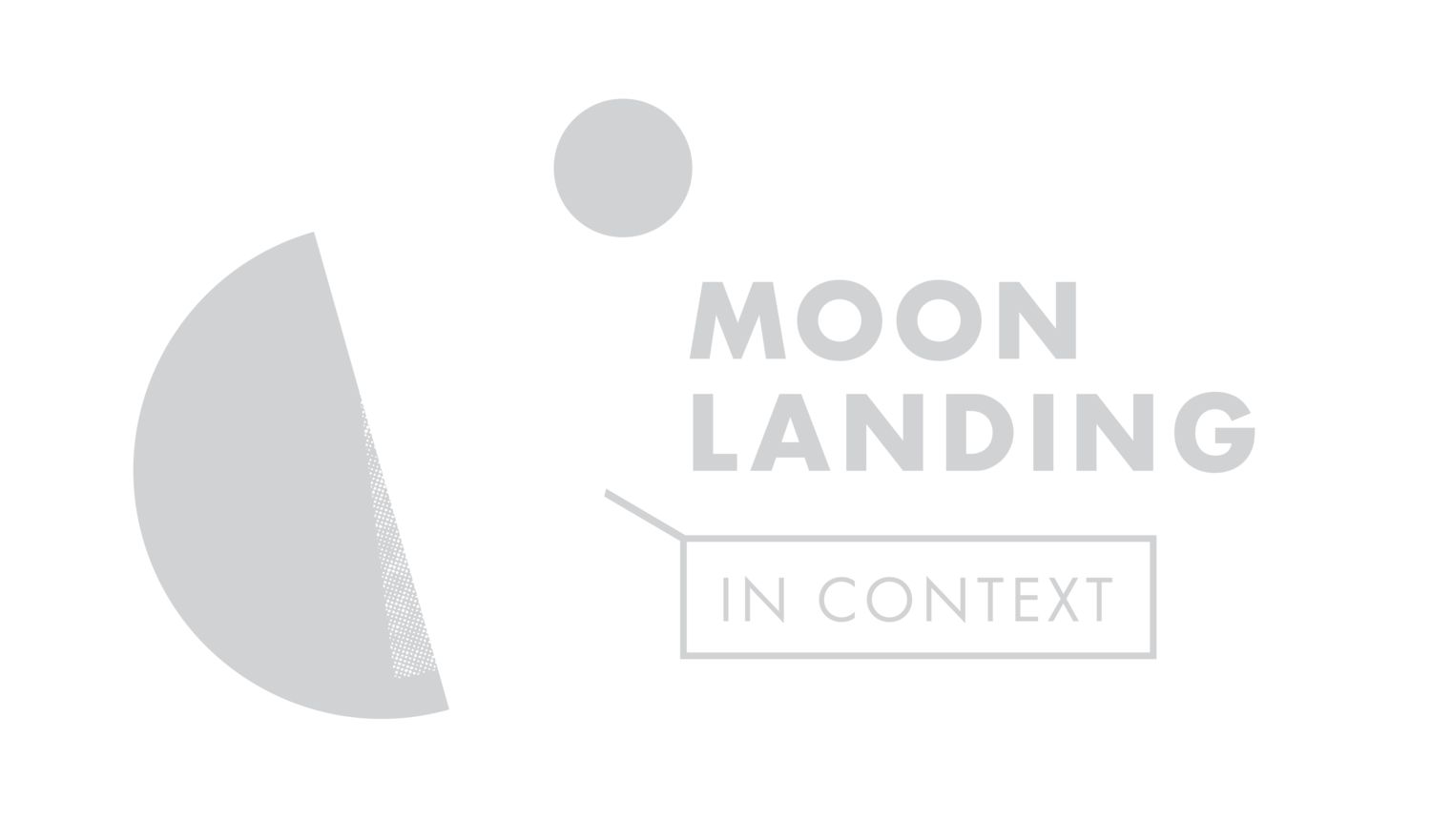Dr. Martin Collins, Smithsonian's National Air and Space Museum
From its inception, the Space Age gave us dramatic, new perspectives on planet Earth. These views and their symbolism became central to two momentous, intertwined global ethical issues of the post-World War II era, shaping our life into the present. One was to address the centuries-long legacy of European and U.S. colonialism as decolonization and the founding of a multitude of new, sovereign nations recast the geopolitical landscape. Widely circulated images such as “Earthrise” and “Whole Earth” threw this history and its ethical failings into high relief. In portraying a common humanity that transcended politics and cultural difference, these powerful images seemed to offer a vivid contrast: the possibility of a better human community. “Earthrise” and “Whole Earth,” too, highlighted another critical ethical issue: The role of human activity, particularly in developing nations, in changing the physical system of the Earth, altering fundamentally the trajectory of our climate. The effects of this change now impinge on the future of all life on the planet, creating a crisis unique in human history.
The Space Age has made clear the complicated consequences of living in an interdependent world. We are entangled in fraught challenges of our past, present, and future. How might we make choices as individuals, communities, and nations that resolve the issues before us?
Sponsored by: Framingham State University Arts & Ideas Program
Dr. Martin Collins is a curator of civilian application satellites at the Smithsonian’s National Air and Space Museum. He curates the civil applications satellites collection, which includes weather, remote sensing, and communications satellites and related technology. His recent work has explored the use of new media for exhibitions and other museum presentations. Dr. Collins is also the head of the division’s Oral History Project. In 2012, a fortuitous trip to the Palestinian Territories led him to partnering with non-profit Al-Nayzak to create STEP, the Science and Technology Entrepreneurship Program, that brings STEM education and outreach to Palestinian high school students. After receiving his B.A. from the University of Michigan, Dr. Collins earned an M.A., M.L.S., and Ph.D. in History of Science and Technology from the University of Maryland.

